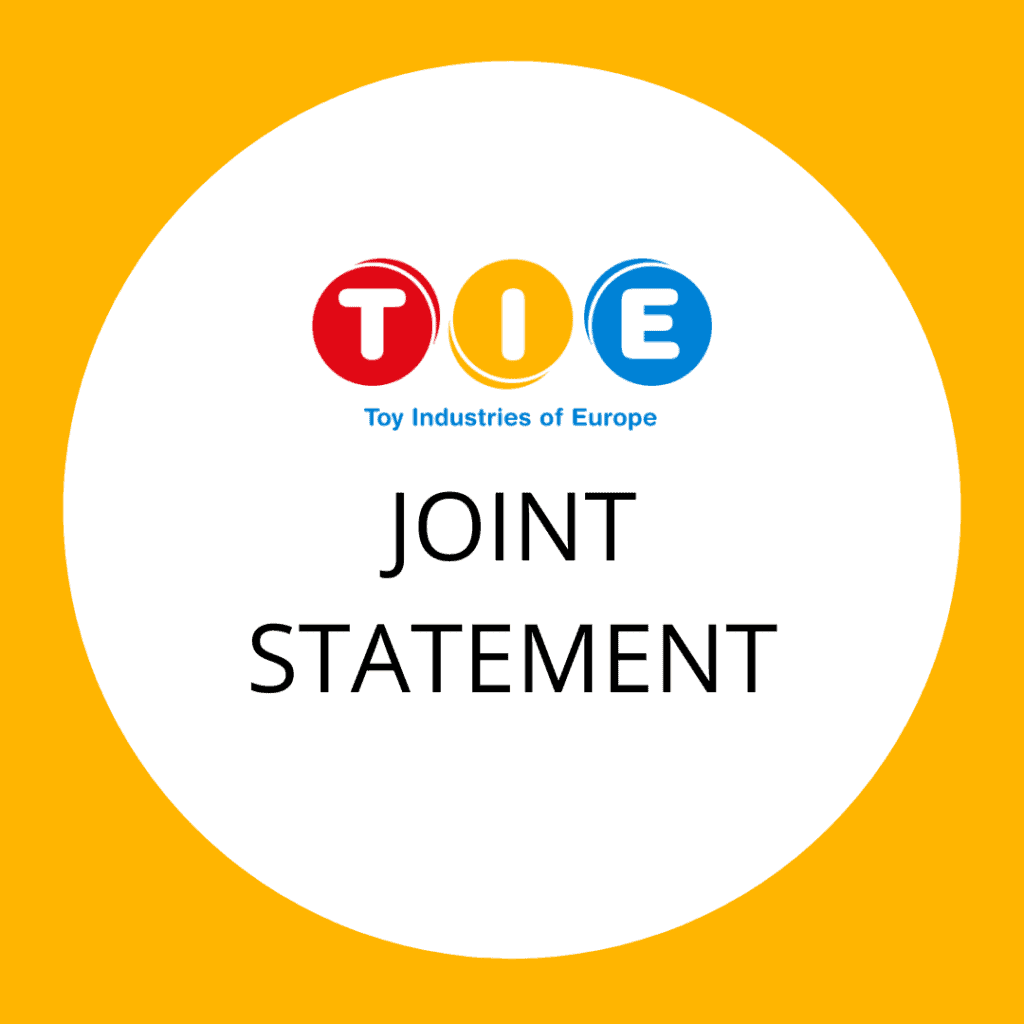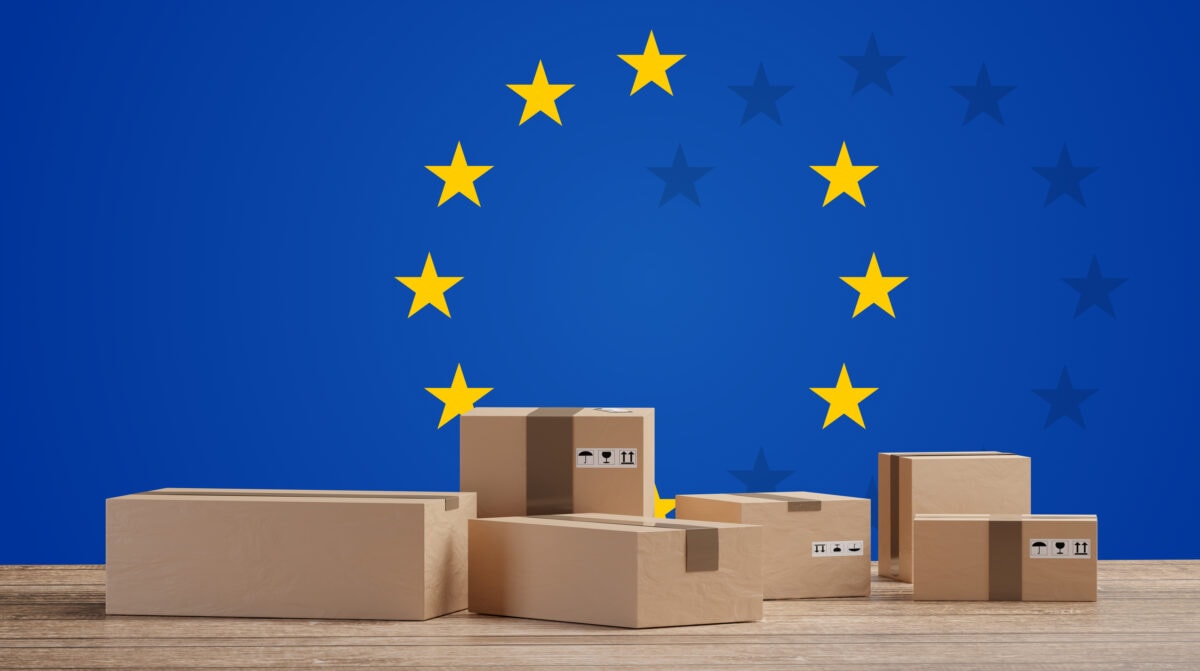Next week, EU Commissioners will vote on a new EU Strategy on the Rights of the Child. The Strategy will be a clear demonstration of the EU’s commitment to protecting and promoting children’s rights and helping children develop to their full potential.
The Strategy will support the UN Sustainable Development Goals (SDGs) and vulnerable groups, with specific focuses on the themes of violence, social inclusion, digital, heath and child friendly justice.
Given the importance of play in children’s lives and the positive impact it has on their enjoyment of their other rights, we hope to see the Right to Play as a central thread throughout the strategy.
The Importance of the Right to Play
A child’s Right to Play is enshrined in Article 31 of the UN Convention on Children’s Rights. For children, play is a fundamental need just like eating, sleeping or drinking. Play is central to children’s physical, mental, social and emotional health and well-being and is an essential part of growing up.
Children themselves called out how important the Right to Play is in the “Our Europe, Our Rights, Our Future” survey of over 10,000 children, carried out by NGOs as part of the Strategy’s consultation process.
The positive impact of play on other rights – such as freedom of expression, health and education as well as children’s digital rights – should not be underestimated either.
- Play is an important form of communication and expression for children, it fosters empathy and helps them to learn and understand about the rights and needs of others.
- When it comes to children’s health, physically active play helps children to maintain a healthy weight, builds strength and flexibility and even improves sleep.
- Playing also has a positive impact on children’s mental health and well-being. It helps reduce stress, provides an outlet for emotions, helps children develop resilience and, as seen during the pandemic, helps children to process difficult changes in the world around them.
- Playing contributes to the development of children’s motor skills, it enhances concentration and develops a sense of curiosity. Play is also an important part of learning how to solve problems and how to be creative.
- Playful learning has been shown to have strong impact on educational outcomes and the importance of play is part of the Council Recommendation on High-Quality Early Childhood Education and Care Systems.
- The right to play is part of a key group of rights to be realised in the digital world, this means making sure that children have access to innovative, safe and secure play experiences in the digital environment.
To get the most of play, children need to be given time, space and permission. They also need to be supported in having a balanced play diet. This means making sure they have access to a range of different types of play in a way that privileges active, imaginative child-led play, but also makes space for other types of play including games, art and digital play.
Barriers to enjoying the Right to Play
A big problem when it comes to making sure that children have enough play in their lives, is a lack of public understanding about its importance. This leads to play being seen as something trivial or a secondary luxury, rather than a right or a need.
This creates a world where children lack adequate play spaces, there are cuts in public funding for play work, there is reduced time to play during the school day and increasing homework and formal activities eat into playtime after school too, children are also often subject to intolerant attitudes to playing in public spaces.
Children in vulnerable groups face even more barriers. For example, children with physical impairments may not be able to access play facilities, children in situations of crisis may not have safe spaces to play and children who have to care for other family members may not have the time.
Play in the EU Strategy on the Rights of the Child
Given play’s role in children’s lives, we hope that the right to play will be visible throughout the different areas of the Strategy its supporting actions. Giving play the recognition it deserves in the Strategy will help to positively influence public perception and understanding of play, and highlight the importance of making sure children have time, space and permission to play in their daily lives.


